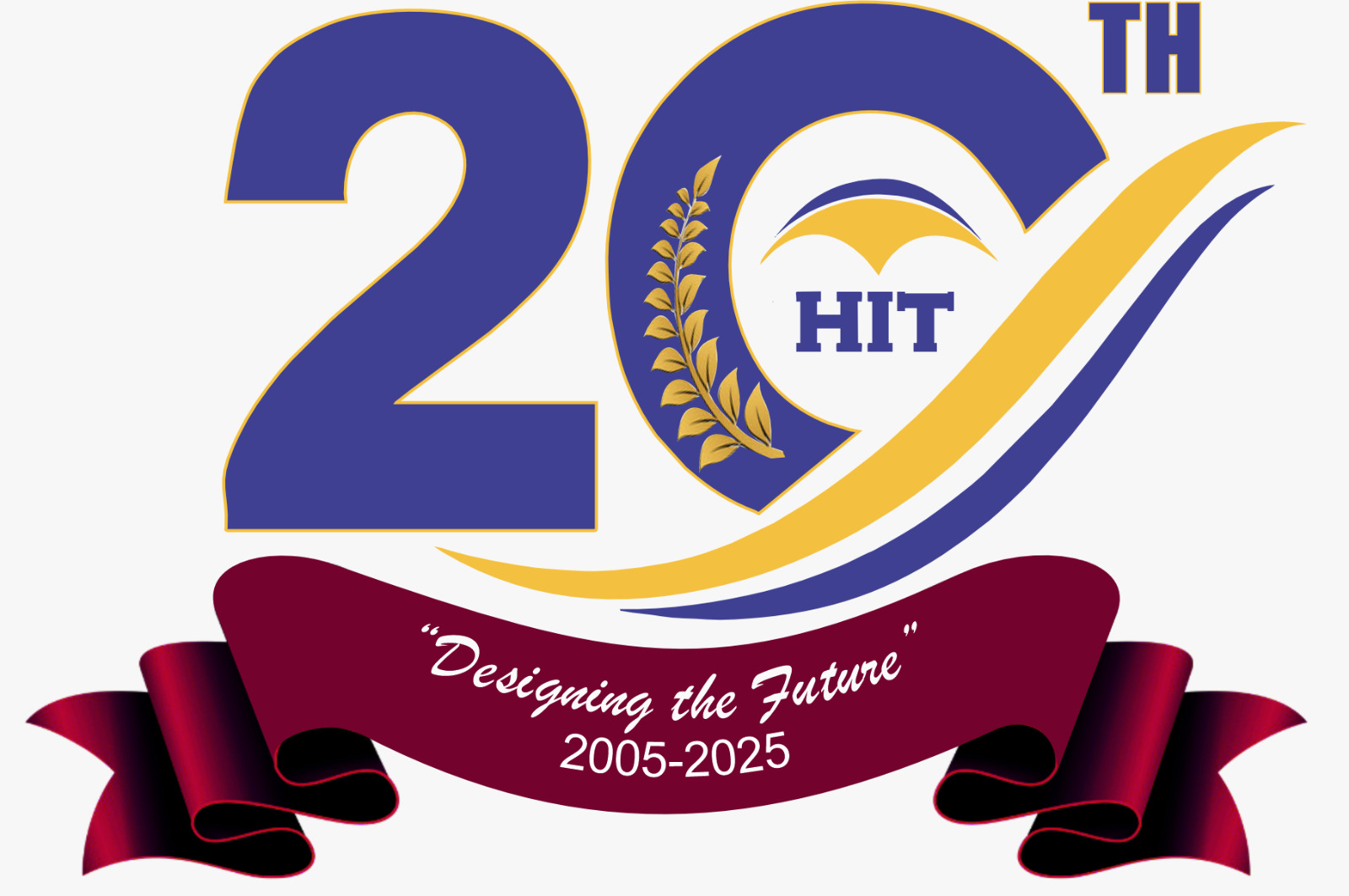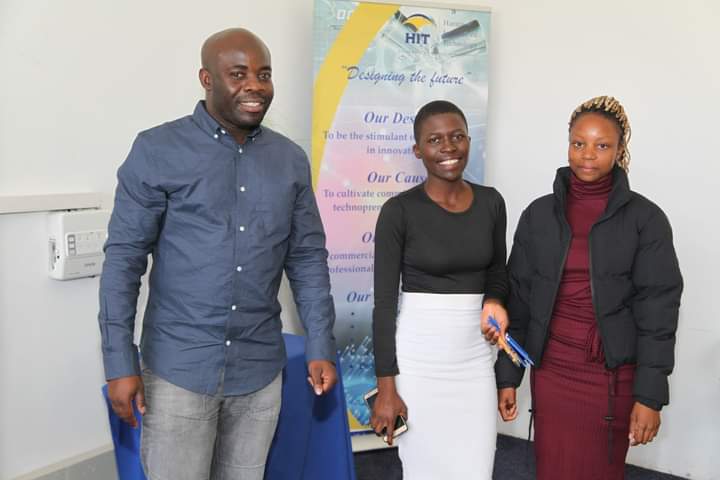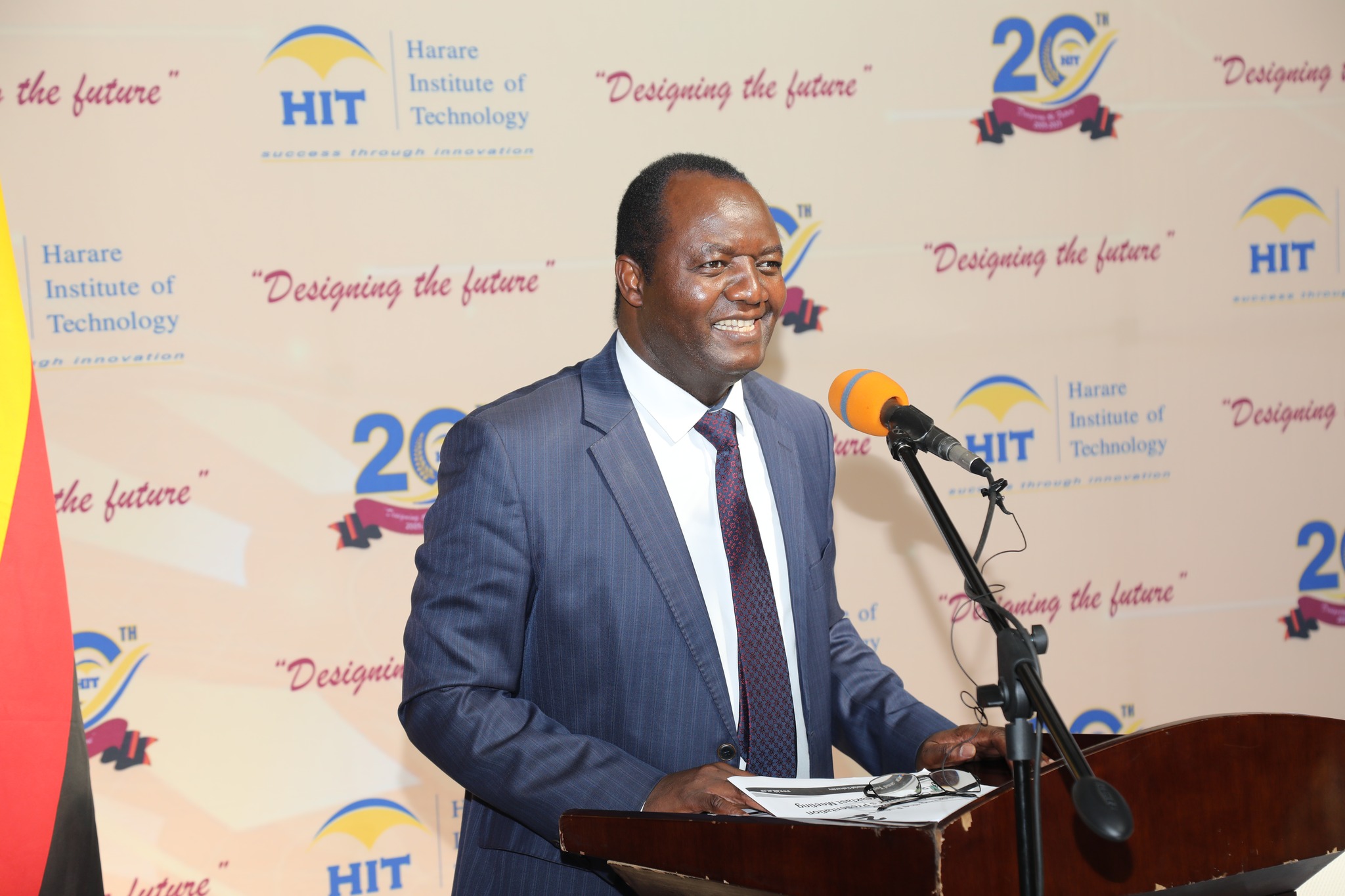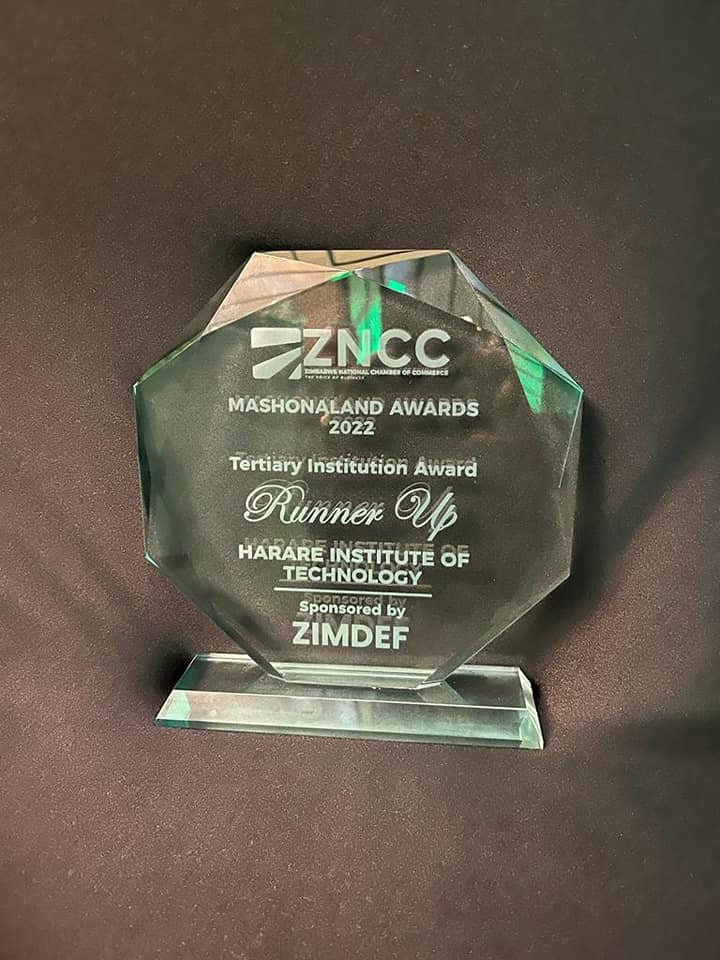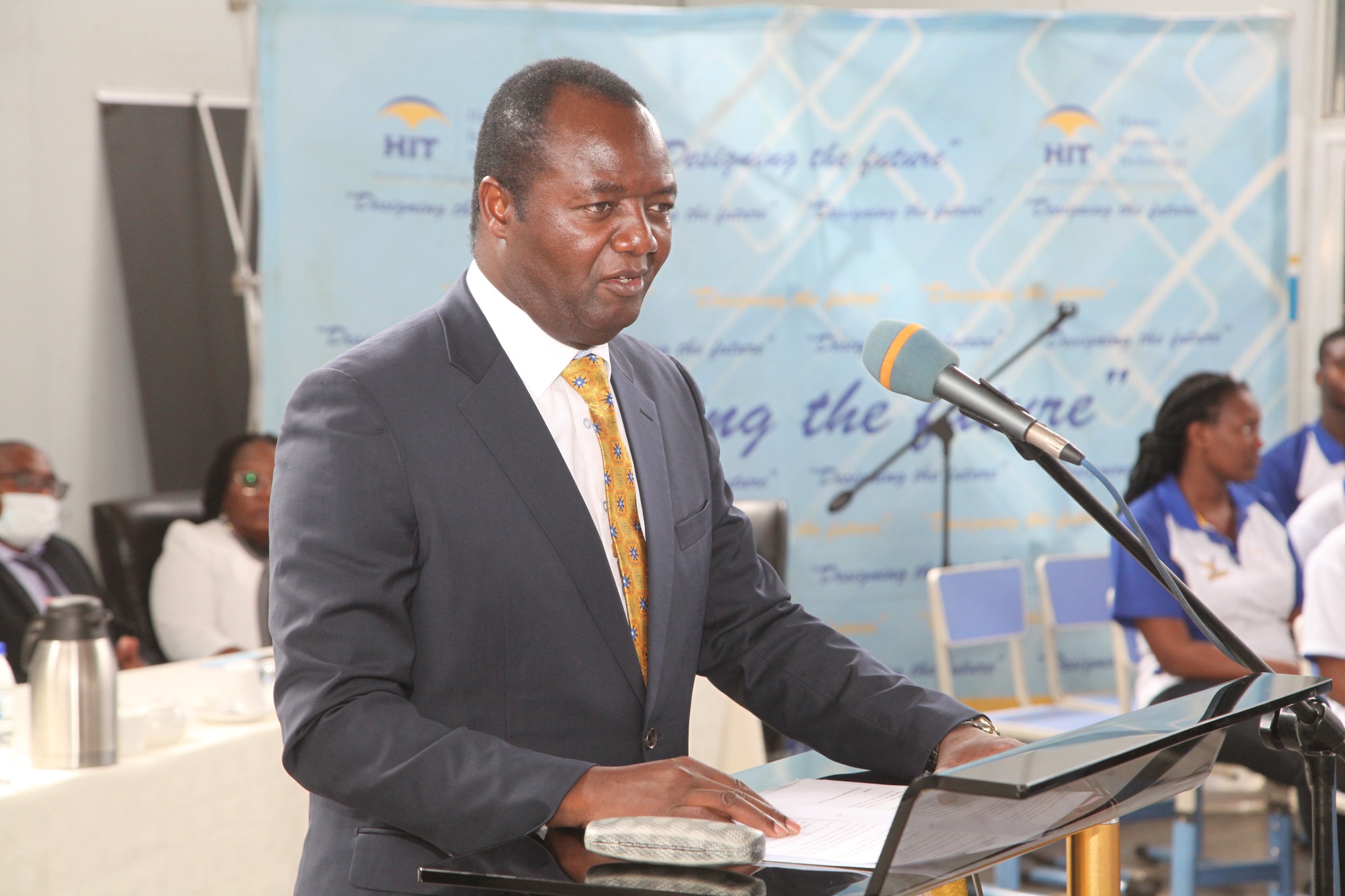In a collaborative effort with the University of Nottingham, the Harare Institute of Technology (HIT), ran a challenge for undergraduate students in the School of Information Sciences and Technology to work in teams of 4 to identify a challenge connected to the moderation of end-to-end encrypted online communications, where the Binary Scientist Team came first.
After identifying and discussing the challenges, the teams wrote a brief outline proposing how to address them. After the judges went through the initial proposals, 6 top teams were invited to submit short videos explaining their ideas in more detail.
The videos were also judged and the best teams were given some prizes.
The Binary Scientists Team won the first prize. The team comprised Panashe Lunga, Artwell N. Muzoroza, Shawn Chikono and Joshua Chikomo.
Team Binary Scientists put forward a very good presentation of their idea about flagging questionable content, even with E2E encryption in place. They displayed an excellent depth of knowledge and original thinking. They also explained the background issues and their solution very well.
The Trailblazers Team came second after displaying excellent knowledge, showing that they understood the key issues and their innovative solution. The team outlined multiple facets of the potential solution to the problem, including mentioning stakeholders and the value of education. Their animation style worked very well in communicating the team’s solution. Michael Meuka, Tapiwa Kasosera, Anotidaishe Mutendzwa and Tawanda Ndaba made up the Trailblazers Team.
Digital Avengers Team of Tadiwanashe Muteera, Raldo Chimwendo, Tafadwa Kativu and Tadiwanashe Chiku, came third displaying a lot of technical knowledge about E2E encryption and their visual representation of their solution was included in the video. The team presented collectively and put forward a simple, but workable, idea.
Among the judges was Dr Helena Webb, Transitional Assistant Professor at the Horizon Digital Economy Institute, University of Nottingham, Mr Calvin Mugauri, Acting Head of the Department of Information Security and Assurance at the Harare Institute of Technology, Dr Nicholas Gervassis, Assistant Professor in Law, University of Nottingham, Dr Virginia Portillo, a Research Fellow at the Horizon Digital Economy Institute, University of Nottingham, Dr Anna-Maria Piskopani Research Fellow at the Horizon Digital Economy Institute, University of Nottingham, Mr Ephraim Luwemba, PhD student and Research Assistant at the Horizon Digital Economy Institute, University of Nottingham.
Commenting on the students’ submissions, Mr Mugauri said the judges were very impressed with all the video submissions. “The student teams worked very hard on the task and engaged passionately with how to address moderation issues arising from end-to-end encrypted online communications. We were also impressed by the fact that the students approached the question in different ways and put forward various ideas. We also felt that the students displayed a great depth of knowledge and presented some insightful solutions,” he said.
The judging criteria included the depth of topic knowledge, originality of ideas, clarity of presentation and quality of presentation.
The student challenge was run as part of the Trends and Challenges for the moderation of end-to-end encrypted communication in Zimbabwe project. This was a Global Challenges Research Fund award and the project was run collaboratively by the University of Nottingham and Harare Institute of Technology.
The project is a sister project to other work being undertaken at the University of Nottingham, which is supported by the Engineering and Physical Sciences Research Council [Horizon Digital Economy Research ‘Trusted Data-Driven Products: EP/T022493/1.

